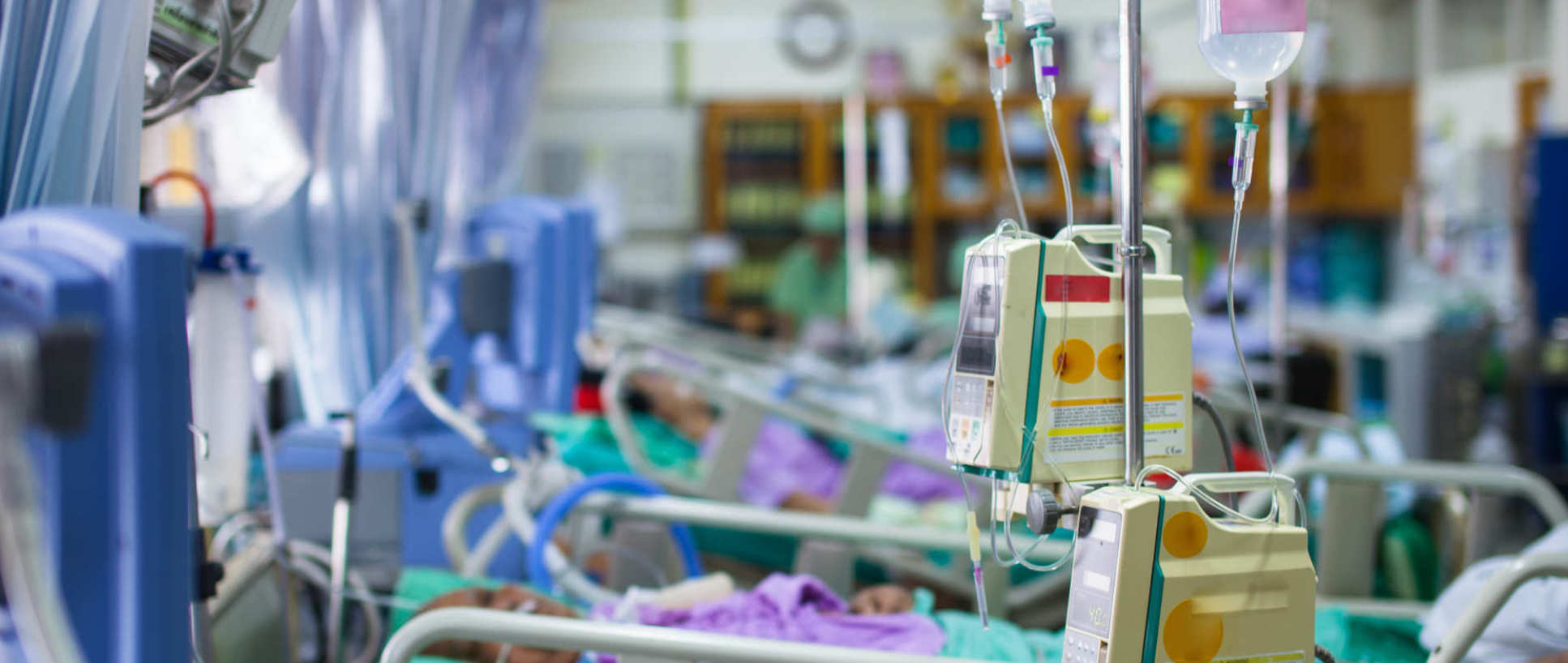BibTex format
@article{Herrmann:2015:10.1039/c5nr01851j,
author = {Herrmann, IK and Bertazzo, S and O'Callaghan, DJP and Schlegel, AA and Kallepitis, C and Antcliffe, DB and Gordon, AC and Stevens, MM},
doi = {10.1039/c5nr01851j},
journal = {Nanoscale},
pages = {13511--13520},
title = {Differentiating sepsis from non-infectious systemic inflammation based on microvesicle-bacteria aggregation},
url = {http://dx.doi.org/10.1039/c5nr01851j},
volume = {7},
year = {2015}
}
RIS format (EndNote, RefMan)
TY - JOUR
AB - <p>Sepsis is a leading cause of hospital mortality. Prompt diagnosis has a major impact on patient outcome. Here, we present an assay to rapidly differentiate sepsis from noninfectious inflammation.</p>
AU - Herrmann,IK
AU - Bertazzo,S
AU - O'Callaghan,DJP
AU - Schlegel,AA
AU - Kallepitis,C
AU - Antcliffe,DB
AU - Gordon,AC
AU - Stevens,MM
DO - 10.1039/c5nr01851j
EP - 13520
PY - 2015///
SN - 2040-3364
SP - 13511
TI - Differentiating sepsis from non-infectious systemic inflammation based on microvesicle-bacteria aggregation
T2 - Nanoscale
UR - http://dx.doi.org/10.1039/c5nr01851j
UR - https://doi.org/10.1039/c5nr01851j
VL - 7
ER -
 Critical care involves the care of the sickest patients in the hospital. Critically ill patients have usually been through a significant insult to their body (such as trauma, infection, burn) and have developed organ failure and require life-support. Critical Care is the largest theme bringing together clinicians and scientists from diverse backgrounds and includes collaborative research from hospitals throughout north-west London. Investigations range from evaluating biological mechanisms of organ failure through to the development of innovative technologies which allow the short-term and long-term support and recovery of organs.
Critical care involves the care of the sickest patients in the hospital. Critically ill patients have usually been through a significant insult to their body (such as trauma, infection, burn) and have developed organ failure and require life-support. Critical Care is the largest theme bringing together clinicians and scientists from diverse backgrounds and includes collaborative research from hospitals throughout north-west London. Investigations range from evaluating biological mechanisms of organ failure through to the development of innovative technologies which allow the short-term and long-term support and recovery of organs.